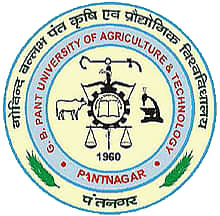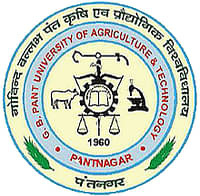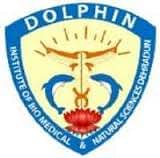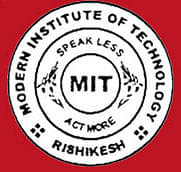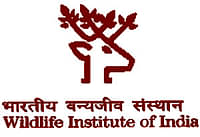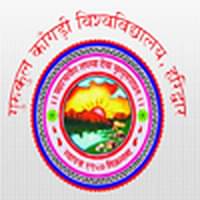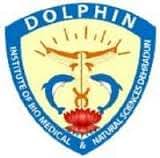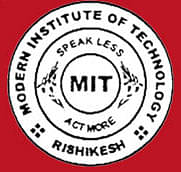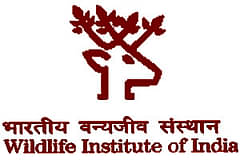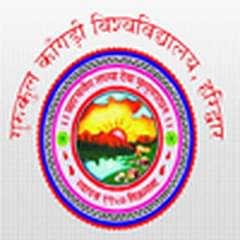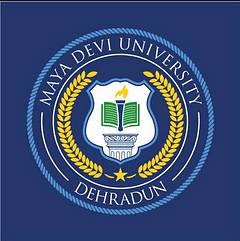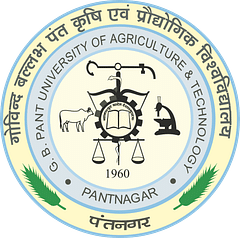Table of Contents
GBPUATCF Campus
The College of Fisheries has sufficient farm facilities for production as well as research work. It can provide facilities to the corporates for testing of feeds, growth promoters, inducing agents, immune enhancers, aquaculture equipments such as aerators etc. on payment basis. Since the College has a modern circular hatchery, fish culturists, entrepreneurs and fishery co-operatives can also obtain the quality fish seeds produced on a large scale. The College also has infrastructure for launching joint ventures in fish feed production at commercial scale. Since, the post harvest technology in freshwater fishery is non-existent at present there is great scope for the development of post-harvest sector in collaboration with the corporates. Joint venture in ornamental fish breeding can also be successfully run at the College.
GBPUAT : College of Fisheries Reviews
Infrastructure: College of fisheries Pantnagar infrastructure is a carefully crafted amalgamation of academia and practicality, reflecting the institution's commitment to fostering a conducive environment for learning, research, and innovation. From cutting-edge laboratories to sprawling aquatic facilities, the physical landscape plays a pivotal role in shaping the educational experience within these institutions. One of the foundational elements of a Fisheries College is its state-of-the-art laboratories. Equipped with modern instrumentation, these spaces provide students with hands-on experiences in fish biology, water quality analysis, and aquaculture techniques. The laboratories serve as incubators for scientific curiosity, allowing students to explore and experiment with the intricacies of aquatic ecosystems. Aquatic facilities, such as fish farms and hatcheries, form the heart of a Fisheries College's infrastructure. These facilities mimic real-world environments, enabling students to gain practical insights into aquaculture practices and fisheries management. The presence of diverse aquatic species within these facilities not only supports academic research but also serves as living laboratories for experiential learning. Classrooms, lecture halls, and seminar rooms are designed to facilitate dynamic and interactive learning experiences. Equipped with multimedia tools, these spaces enable instructors to blend traditional teaching methods with modern technologies, ensuring that students receive a well-rounded education. The design of these classrooms often incorporates elements that symbolize the connection between terrestrial and aquatic ecosystems, creating a thematic coherence with the college's focus. Libraries within Fisheries Colleges house an extensive collection of literature, research papers, and journals related to fisheries science and aquaculture. These repositories of knowledge provide students and faculty with valuable resources for academic pursuits and research endeavors. Additionally, digital libraries and online databases further enhance access to global scientific information, keeping the institution at the forefront of contemporary research. Research centers and institutes within the college campus serve as hubs for innovation and exploration. These specialized spaces bring together faculty, researchers, and students to collaboratively address challenges facing the fisheries industry. The infrastructure of these centers is designed to support diverse research methodologies, from computer modeling to field experiments, fostering a multidisciplinary approach to problem-solving. The overall campus design of a Fisheries College often incorporates green spaces and water features, creating a harmonious blend between the built environment and nature. This intentional integration reflects the college's commitment to sustainability and ecological consciousness. It also provides students with a serene and inspiring atmosphere, conducive to reflection and creative thinking.
Hostel: The hostel of a Fisheries College stands as more than just a residential facility; it is a vibrant and integral part of the student experience, fostering camaraderie, academic support, and personal growth. The design and ethos of these hostels play a crucial role in creating a holistic environment that complements the educational journey of students pursuing fisheries and aquaculture studies. The architecture of the hostel is often thoughtfully planned to provide a comfortable and conducive living space. Dormitories or rooms are designed with functionality and privacy in mind, offering students a personal retreat after a day of intensive academic and practical engagements. Common areas, such as lounges and recreation rooms, encourage social interaction, allowing students to unwind and build lasting connections with their peers. The hostel's communal spaces also serve as hubs for collaborative learning. Study rooms equipped with resources like computers, reference materials, and projectors become spaces where students engage in group study sessions, share knowledge, and collaborate on academic endeavors. This collaborative environment not only enhances academic performance but also fosters a sense of community among the residents. Hostel life plays a pivotal role in creating a sense of belonging and a supportive network for students. The diversity of backgrounds and interests within the hostel community enriches the overall learning experience, exposing students to different perspectives and cultures. The bonds formed in the hostel often extend beyond academic collaborations, turning roommates and floor mates into lifelong friends and professional connections. Resident advisors or hostel wardens contribute to the well-being of students by providing guidance, support, and mentorship. These individuals play a crucial role in creating a positive living environment, addressing concerns, and organizing activities that promote social interaction and personal development. Their presence adds an extra layer of support for students navigating the challenges of academic life. Furthermore, the hostel is often a venue for extracurricular activities and events organized by student clubs and societies. From academic seminars to cultural festivals, the hostel becomes a dynamic space where students showcase their talents, interests, and passion for the fisheries field. Such events not only add vibrancy to hostel life but also contribute to the overall growth and development of the students. Safety and security are paramount considerations in hostel design and management. Colleges ensure that hostel facilities are equipped with necessary security measures, including surveillance systems and secure entry points. This focus on safety allows students to focus on their academic pursuits without compromising their well-being.
Admission Updates for 2025
Dolphin PG Institute of Bio Medical & Natural Sciences
Dehradun (Uttarakhand)
Uttaranchal University
Dehradun (Uttarakhand)
Maya Devi University
Dehradun (Uttarakhand)
Quantum University
Roorkee (Uttarakhand)
Doon Group of Colleges
Dehradun (Uttarakhand)










